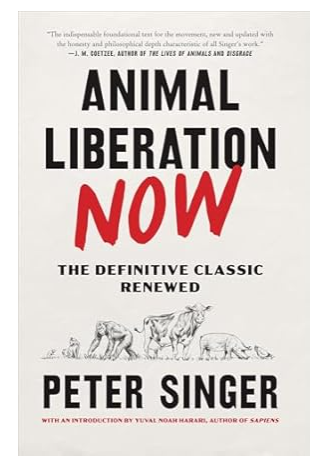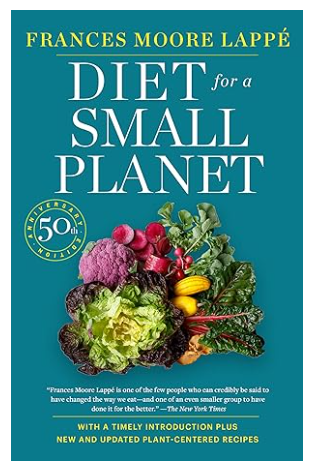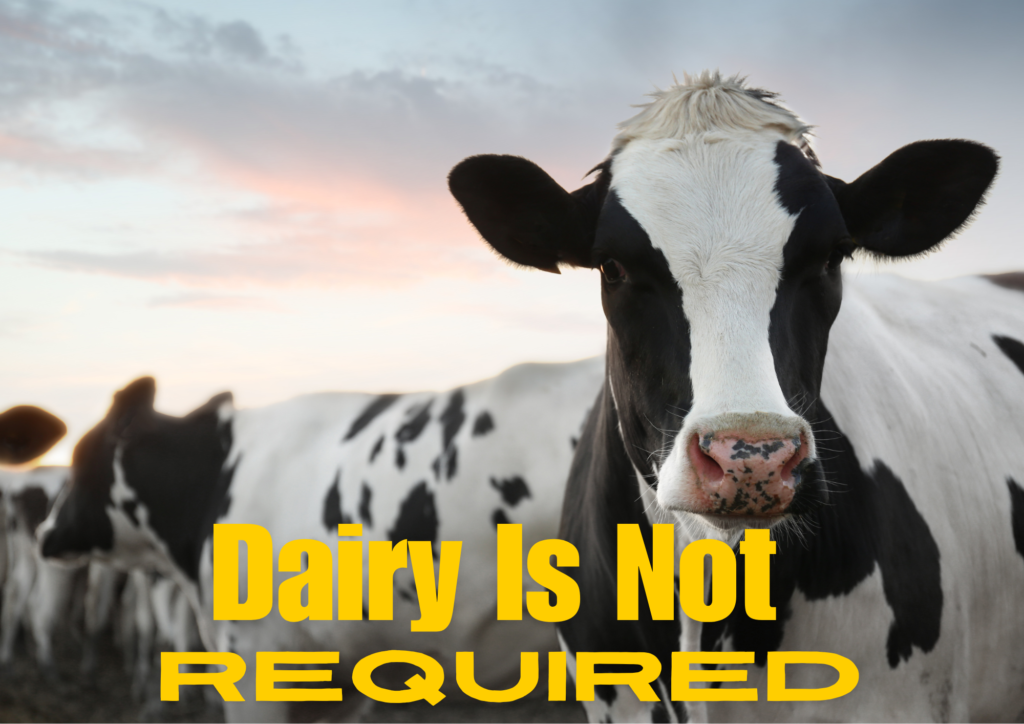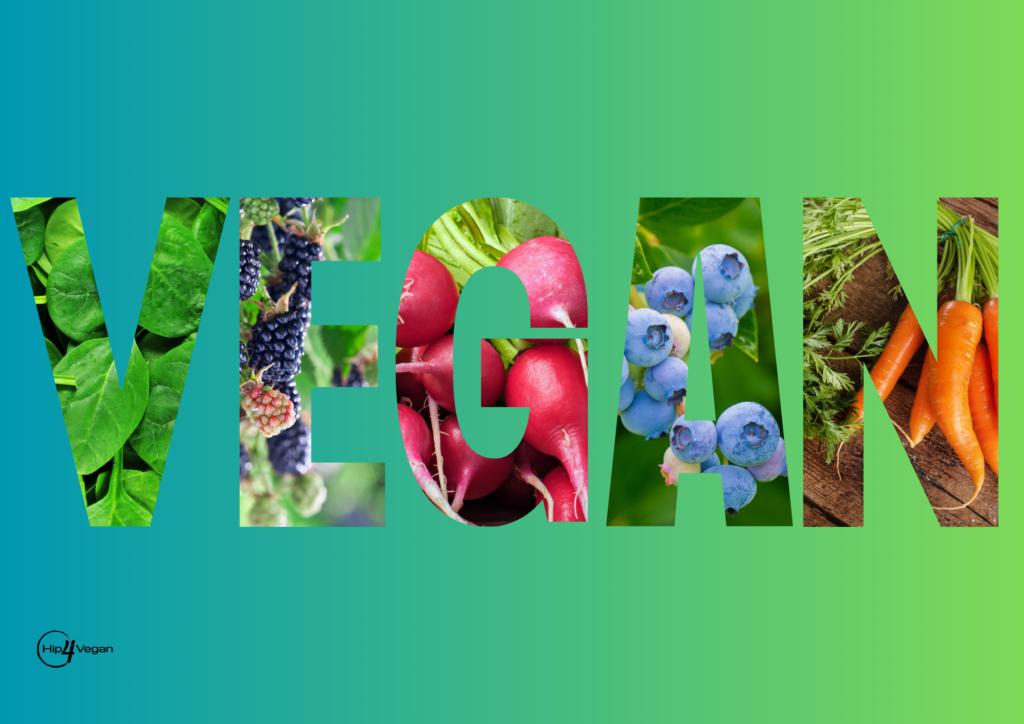Veganism has gained significant popularity in recent years, with more people than ever adopting plant-based diets for various reasons, including health, environmental concerns, and animal welfare. However, the concept of veganism is not a new one, and its history is rich and fascinating. In this post, we’ll explore the origins of veganism, its evolution over time, and address some common misconceptions about plant-based diets.
The Roots of Veganism
The term “vegan” was coined in 1944 by Donald Watson, co-founder of the Vegan Society in England. Watson, a woodworker by trade, became a vegetarian at the age of 14 after witnessing the slaughter of a pig on his uncle’s farm. He later decided to eliminate all animal products from his diet and lifestyle, believing this to be the logical extension of his vegetarian ethics.
Watson and a small group of like-minded individuals formed the Vegan Society to promote the idea of living without exploiting animals. He defined veganism as “the doctrine that man should live without exploiting animals.” Watson himself lived to the age of 95, challenging the notion that a vegan diet was detrimental to health.
However, the practice of abstaining from animal products dates back much further. Ancient Indian and Mediterranean civilizations practiced vegetarianism as early as the 6th century BCE, often for religious or philosophical reasons.

The Modern Vegan Movement
The vegan movement as we know it today began to take shape in the mid-20th century. Here are some key milestones:
- 1944: The Vegan Society is founded in the UK
- 1960s-1970s: Veganism gains traction alongside the animal rights movement
- 1990s-2000s: Growing awareness of environmental and health benefits of plant-based diets
- 2010s-present: Explosion of vegan products and mainstream acceptance
The 1960s and 1970s saw a significant rise in veganism’s popularity, largely due to the following factors:
- Counterculture Movement: The 1960s counterculture emphasized questioning societal norms, including traditional dietary habits. This opened the door for alternative lifestyles, including veganism.
- Animal Rights Awareness: Books like Peter Singer’s “Animal Liberation” (1975) brought animal welfare issues to the forefront, inspiring many to adopt vegan lifestyles.
- Environmental Concerns: The environmental movement gained momentum during this period, and people began to recognize the ecological impact of animal agriculture.
- Health Consciousness: There was a growing interest in natural and whole foods, with many people exploring plant-based diets for health reasons.
- Cultural Influences: Figures like Frances Moore Lappé, author of “Diet for a Small Planet” (1971), popularized the idea that plant-based diets could address world hunger and environmental issues.
- Celebrity Influence: High-profile individuals like John Lennon and Yoko Ono experimented with macrobiotic diets, bringing attention to plant-based eating.


Debunking Common Myths
Despite its long history and growing popularity, veganism still faces misconceptions. Let’s address some common myths:
Myth 1: Humans Need Meat and Dairy to Survive
This is perhaps the most persistent myth about veganism. In reality, a well-planned vegan diet can provide all the nutrients necessary for optimal health at all stages of life. The American Dietetic Association states that “appropriately planned vegetarian diets, including total vegetarian or vegan diets, are healthful, nutritionally adequate, and may provide health benefits in the prevention and treatment of certain diseases.”
Key nutrients often associated with animal products can be obtained from plant-based sources:
- Protein: Legumes, nuts, seeds, and whole grains
- Calcium: Leafy greens, fortified plant milks, and tofu
- Iron: Lentils, spinach, and fortified cereals
- Vitamin B12: Fortified foods or supplements

Myth 2: Vegan Diets Are Nutritionally Deficient
While it’s true that vegans need to pay attention to certain nutrients, this is equally true for any diet. With proper planning, a vegan diet can be nutritionally complete. In fact, many health organizations now recognize that well-planned vegan diets can be nutritionally adequate and may offer health benefits.
Myth 3: Vegan Diets Lack Variety
This couldn’t be further from the truth. The plant kingdom offers an incredible diversity of foods, flavors, and textures. From exotic fruits and vegetables to an array of grains, legumes, nuts, and seeds, vegan diets can be incredibly varied and satisfying.
The Benefits of Veganism
Beyond debunking myths, it’s important to highlight the potential benefits of a vegan lifestyle:
- Health: Lower risk of heart disease, certain cancers, and type 2 diabetes
- Environmental: Reduced carbon footprint and water usage
- Animal welfare: Elimination of animal exploitation for food
Embracing Plant-Based Living
Whether you’re a long-time vegan, newly plant-based, or simply curious about reducing your animal product consumption, remember that every small step counts. Here are some tips for embracing plant-based living:
- Start gradually: Try “Meatless Mondays” or replacing one meal a day with a vegan option
- Educate yourself: Learn about plant-based nutrition and cooking techniques
- Experiment with new foods: Explore different cuisines and ingredients
- Connect with others: Join local vegan groups or online communities for support and recipe ideas

Conclusion
The history of veganism is a testament to human adaptability and our evolving understanding of health, ethics, and environmental sustainability. By overturning the myths and embracing the potential of plant-based living, we open ourselves up to a world of culinary possibilities and potential benefits for our health and the planet.
Remember, whether you’re fully vegan or simply incorporating more plant-based meals into your diet, every choice makes a difference. As we continue to write the history of veganism, we invite you to be part of this exciting journey towards a more compassionate and sustainable future.

